Sleep Science
Understanding how our bodies prepare for sleep, the chemical processes involved, and the essential role sleep plays in our physical and mental well-being is the first step to prioritizing sleep in your life. Knowledge is power, but knowledge of sleep is liberating.
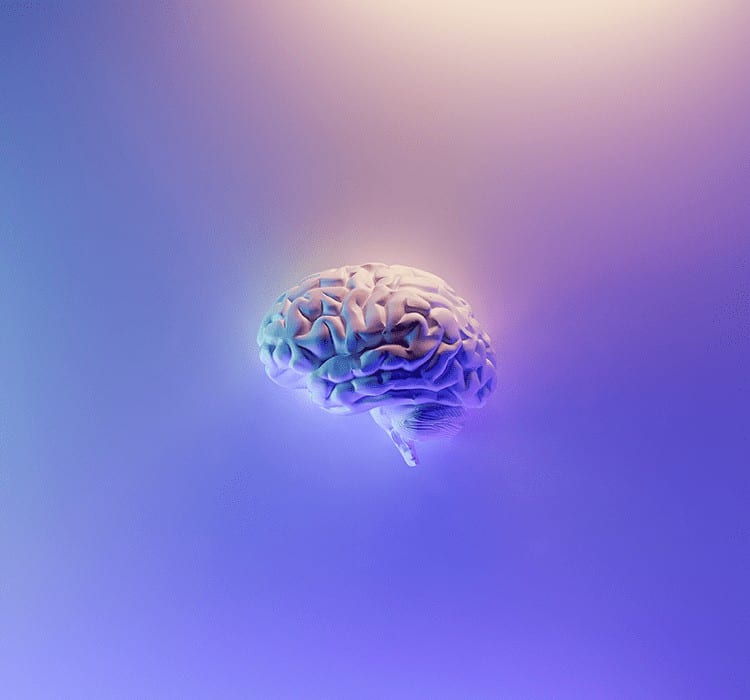
Magic in a cup? Actually, it’s science.
Sleep begins and ends with the melatonin production pathway. First, Tryptophan becomes 5 Hydroxytryptophan with the help of magnesium and Vitamin D3, which then becomes serotonin. Serotonin becomes melatonin as it decreases our brain's sensitivity to stress hormones and initiates our sleep cycle. With two additional key ingredients...
Read MoreMelatonin
A natural hormone produced in your brain and throughout your body that is secreted to maintain your wake-sleep cycle (aka Biological Clock). It regulates neurotransmitters and calms your nervous system to initiate sleep.
Tip: It's important to allow our bodies to produce its own melatonin. The typical melatonin supplement is at least 1mg, when our bodies produce 6 micrograms (µg) of melatonin; a fraction of that.
Tip: It's important to allow our bodies to produce its own melatonin. The typical melatonin supplement is at least 1mg, when our bodies produce 6 micrograms (µg) of melatonin; a fraction of that.
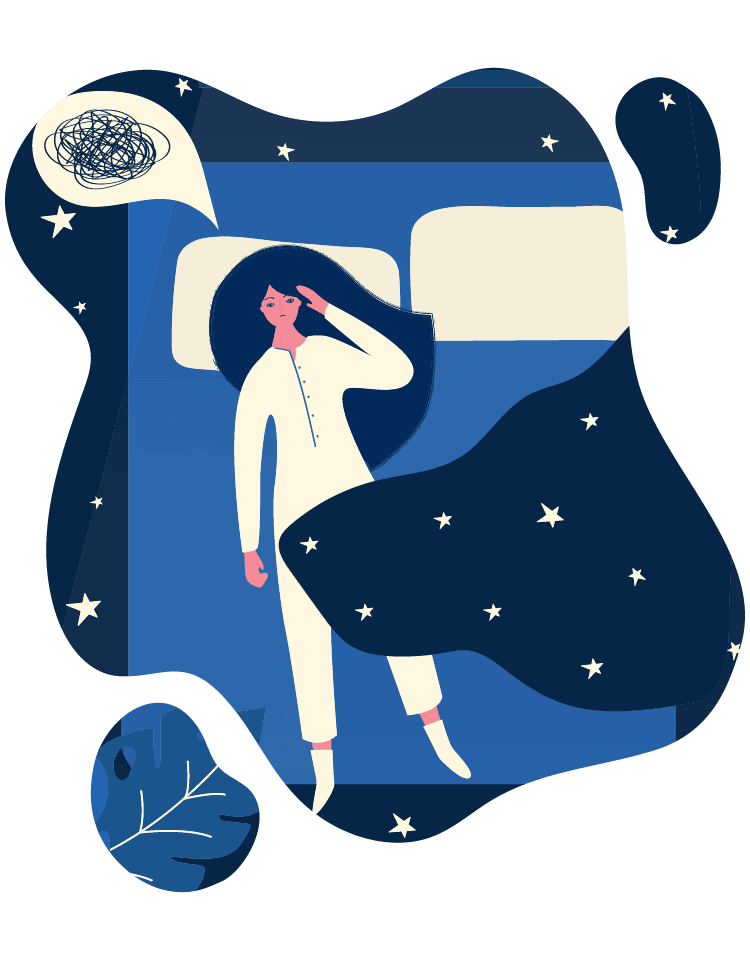
Better Sleep. Better Life.
Getting great sleep helps you regulate your neurochemistry, purge toxins, control hunger, and regulate stress hormones. When you optimize your sleep, you’ll improve multiple areas of your life.

How Does Sleep Affect Weight Loss And Weight Gain?
This is a huge topic that I wish more people knew about. Sleep affects your ability to lose (or gain!) unwanted fat by a huge margin. Don’t let your weight loss goals be sabotaged by too little sleep.
Read More
Is It A Sleep Disorder Or Something Else?
There are a lot of sleep disorder diagnoses that go around these days. Sometimes, they’re valid. But here’s how you can tell if you’ve really got a sleep disorder that requires medication, or if it’s something that can be fixed with lifestyle.
Read More
How Does Sleep Affect Weight Loss And Weight Gain?
Human growth hormone is a huge topic as it relates to athletic performance and muscle growth. Under normal conditions, more HGH is produced at night than during the day.
Read More
To Pill… Or Not to Pill?
There is no sleep involved when taking sleeping drugs. Instead, your body is in an unconscious state. Sleeping drugs rob the body from its critical deep sleep that is required for complete recovery.
Did You Know? When you take prescription sleeping pills over a long period of time, your body grows accustomed to the drug, and you need higher and higher doses to get the same "sleep-inducing" effect.
Did You Know? When you take prescription sleeping pills over a long period of time, your body grows accustomed to the drug, and you need higher and higher doses to get the same "sleep-inducing" effect.
Chemistry
Sleep Remedy contains all the elements that would ordinarily concentrate in your brain if we were as in tune with our circadian rhythms as the hunters and gatherers. The main issue here is we now live in a world filled with electricity, technology, and enclosed buildings that all interfere with our innate circadian rhythms. As a result, we become deficient in some of the key nutrients responsible for initiating our deepest, rejuvenating sleep.
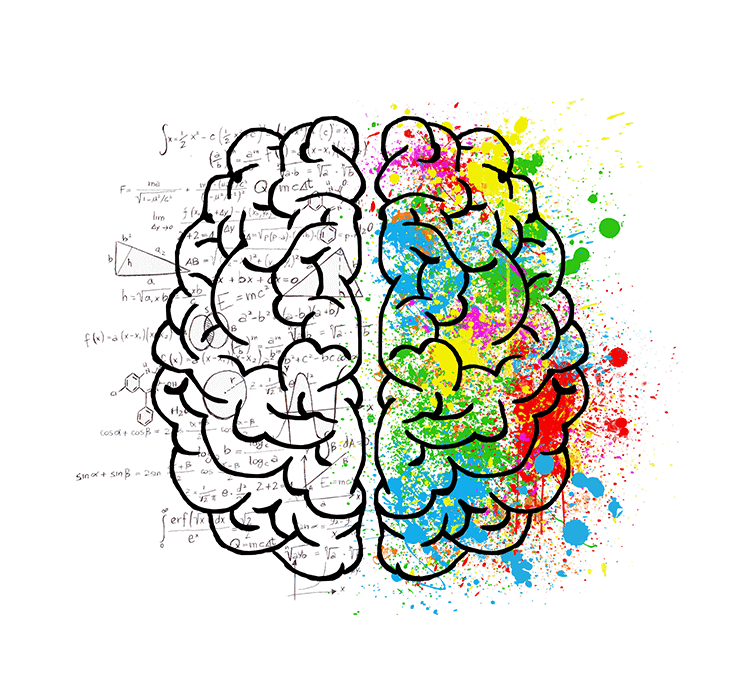
How Does Vitamin D Help With Sleep?
This is a commonly asked question when people read the ingredients label on my sleep supplement, Sleep Remedy. Let's talk a little bit about vitamin D3, how it's not actually a vitamin, and how it plays into your sleep quality & health.
Read More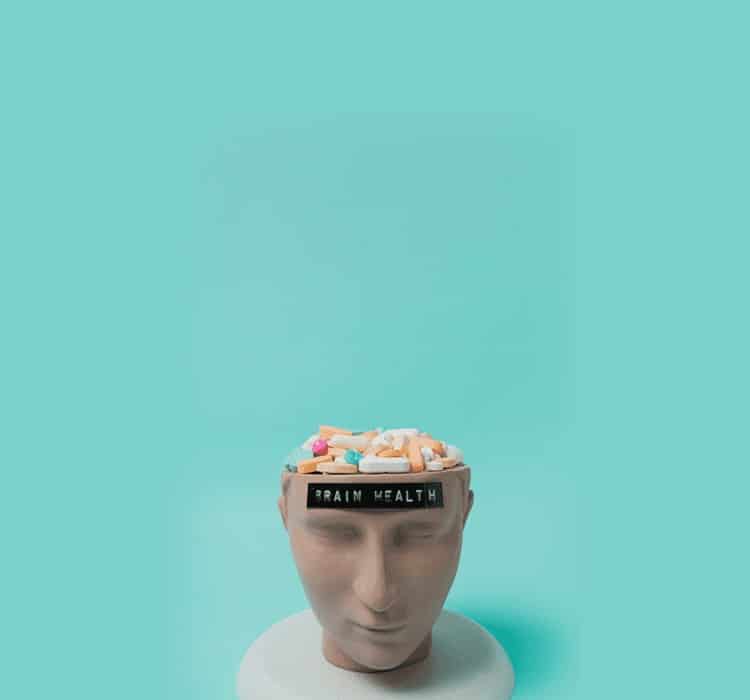
Is It Safe To Take Melatonin?
If I give you hormones (pills, patches, creams, injections) to put into your body “exogenous”, and the amount I give you is as much or more than your body needs, your super-smart, super-efficient, super-evolved body will severely diminish or completely stop making that hormone.
Read More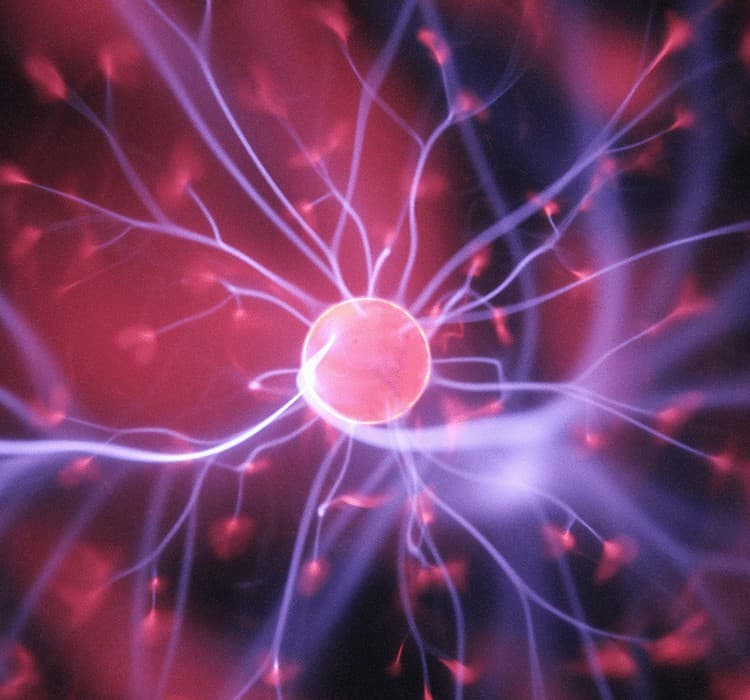
The Benefits Of Magnesium And How It Affects Sleep.
The benefits of magnesium are indescribable. This molecule is involved with something like 3,000 different bodily functions. I cannot state enough how important this nutrient is in the right amounts for our body to function at its best.
Read MoreBlue Light?
More screen time is directly correlated with more sleep problems for kids and adults. This holds more truth when screens are used closer to bedtime. The blue light from our screens disrupts the body’s natural production of melatonin. Screen time also keeps our environmental stimulus high and the brain alert, which is the opposite of what we want before bedtime.
Tip: Set up your devices to automatically go into night-time mode as the sun goes down. Even better, avoid all electronics at least an hour before bedtime.
Tip: Set up your devices to automatically go into night-time mode as the sun goes down. Even better, avoid all electronics at least an hour before bedtime.
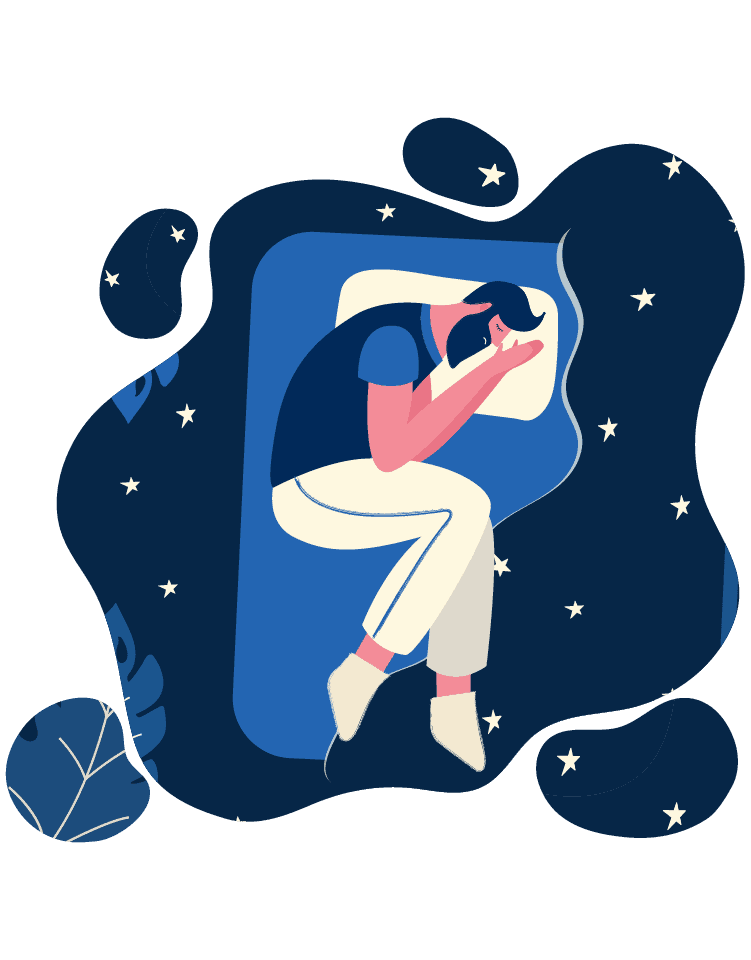
Sleep Science Videos
These videos of Doc speaking have helped countless people significantly improve their life by improving their sleep. Take a few minutes today to improve your sleep tonight.
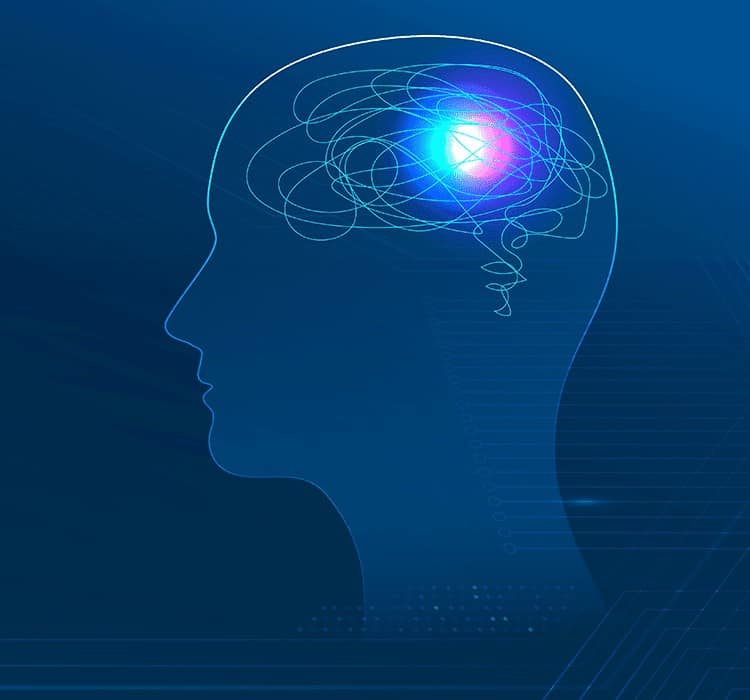
Calming Your Nervous System.
Between the obsessive hand washing, mandatory mask wearing, and food/toilet paper hoarding, we’re surrounded on all sides by potential stressful triggers.
Read More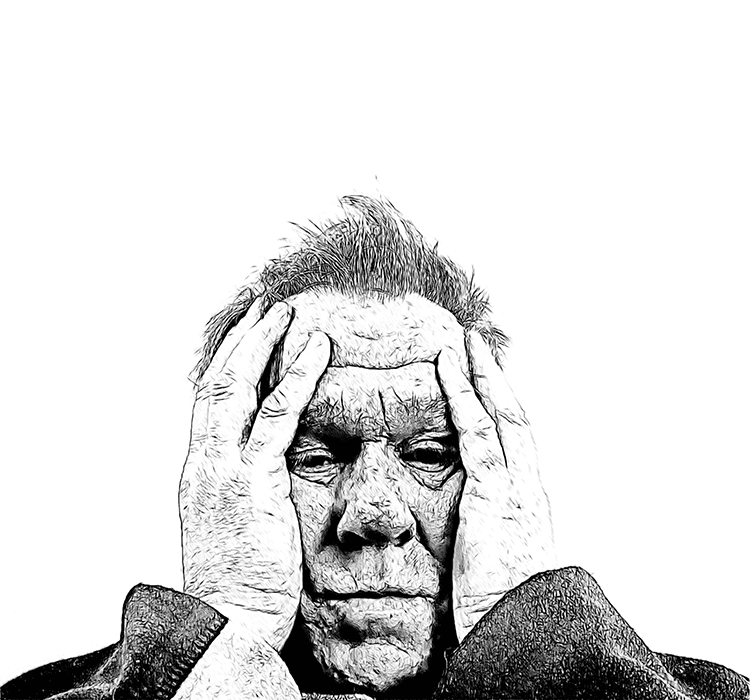
Which Came First- Depression or Sleep Deprivation.
Depression and sleep are tightly intertwined. But why? Studies over the past decade have begun to carve a new trail of posibility that disturbs sleeep often becomes before an episode of depression.
Read More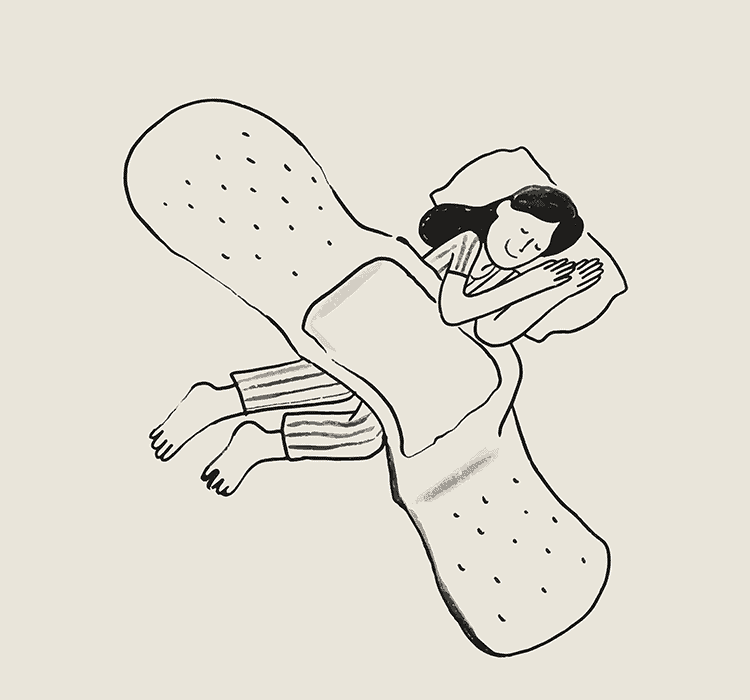
How Sleep Affects ADHD Behaviors And Symptoms.
Whether it’s a child or an adult who’s got ADHD, there are a lot of misunderstandings about what that condition actually entails.
Read More